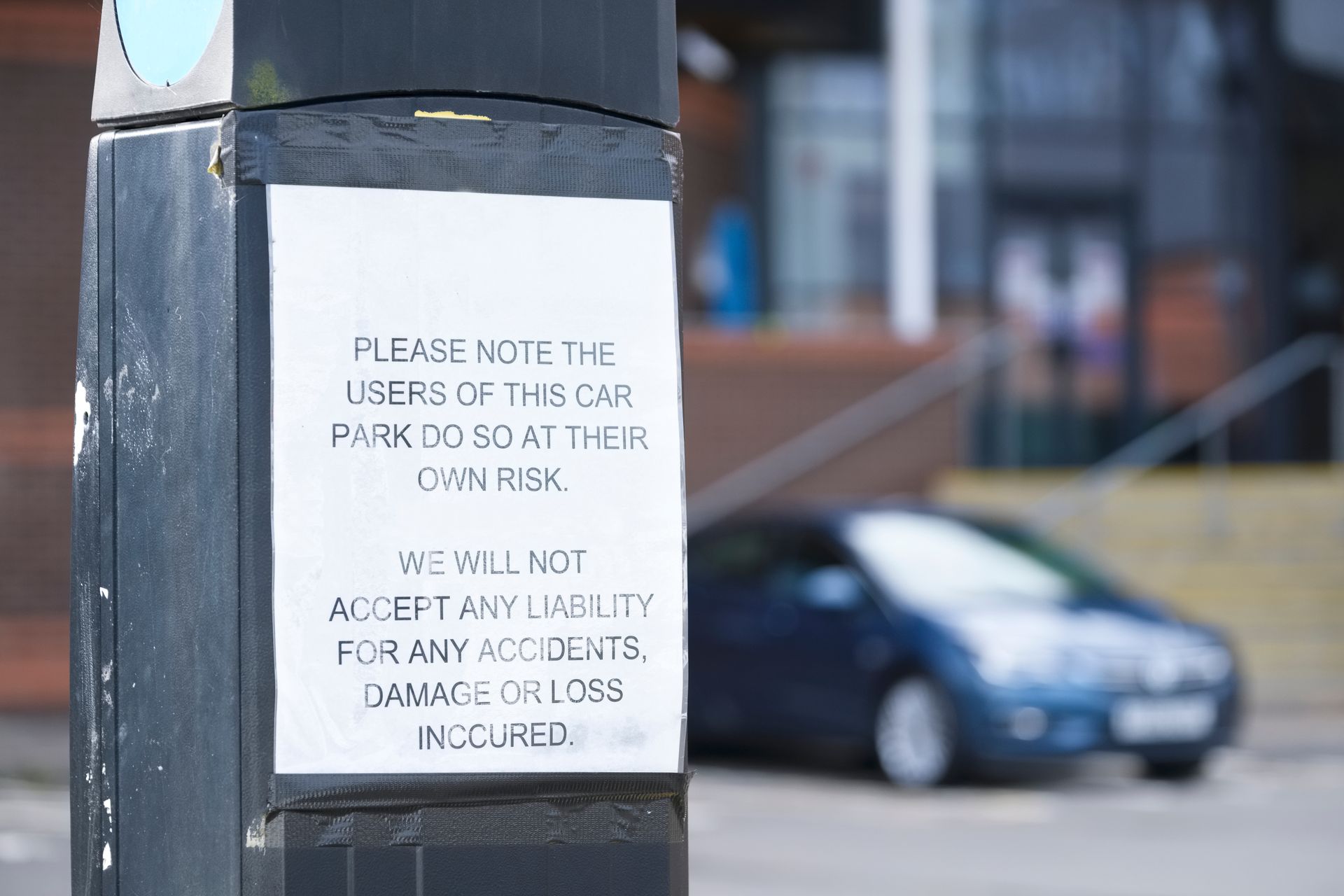Blog

Workplace harassment is a critical issue that affects employees and businesses alike. Not only does harassment create a toxic work environment, but it also exposes companies to legal liabilities, including costly lawsuits and reputational damage. To foster a safe workplace and protect against legal troubles, businesses should consider adopting robust policies that define, prevent and address harassment effectively.
A key step in this process is creating clear HR policies and including verbiage in the employee handbook that proactively discourages harassment, while also establishing a documented paper trail that makes it more difficult for plaintiffs to argue the company failed to protect its workers.
Why Strong Anti-Harassment Policies Matter
Workplace harassment can take many forms, including verbal, physical or visual conduct that demeans, intimidates or discriminates against an employee. Harassment based on race, gender, religion, disability, sexual orientation or other protected characteristics is illegal under federal and state laws.
However, even unintentional oversights in handling harassment claims can leave businesses vulnerable to legal disputes. Clear, enforceable policies not only help prevent harassment but also demonstrate a company’s commitment to maintaining a safe and inclusive workplace.
Key Components of Anti-Harassment Policies
To be effective, anti-harassment policies must be comprehensive, unambiguous and aligned with current labor laws.
A Clear Definition of Harassment
Anti-harassment policies should begin with a precise definition of workplace harassment. This should encompass all forms of harassment, including sexual harassment, discriminatory harassment and bullying. The policy should outline examples of unacceptable behavior, such as:
- Offensive jokes, slurs or name-calling
- Physical intimidation or threats
- Unwanted advances or touching
- Display of offensive or inappropriate materials
Zero-Tolerance Statement
Policies should also include a zero-tolerance statement that underscores the company’s commitment to addressing all forms of harassment. It should make clear that harassment will not be ignored, excused or tolerated under any circumstances.
Reporting Procedures
A business’s policy should clearly outline the process by which employees can report harassment. The process should include:
- Multiple reporting channels, such as HR representatives, managers or anonymous hotlines.
- Assurance to employees that reports will be handled confidentially and respectfully.
- A clear declaration that retaliation against those who report harassment is strictly prohibited.
Having multiple avenues for reporting ensures that employees feel comfortable coming forward, even if their supervisor is involved in the issue.
Investigation Protocols
Outline how harassment complaints will be investigated. Effective policies should describe:
- Who will handle investigations (e.g., HR professionals or an independent investigator).
- The timeline for investigating complaints.
- How findings and resolutions will be communicated to involved parties.
Consequences for Policy Violations
Clearly state the consequences for violating the anti-harassment policy. These consequences should range from verbal warnings to termination, depending on the severity of the behavior. Consistent enforcement is critical to maintain credibility and fairness.
Employee Training Requirements
It may be beneficial from a liability defense perspective to require all employees to participate in anti-harassment training. This could include educating staff on:
- Recognizing harassment and understanding its impact.
- How to report and address harassment.
- Managers’ responsibilities in preventing and responding to harassment.
How to Integrate Anti-Harassment Policies into the Employee Handbook
Use Accessible Language
Avoid overly legalistic or technical language in your employee handbook. The policy should be easy to read and understand for all employees.
Highlight the Policy’s Importance
Place the anti-harassment policy in a prominent section of the handbook and include a message from leadership affirming the company’s commitment to a safe work environment.
Require Employee Acknowledgment
Ask employees to sign a document acknowledging they have read and understood the anti-harassment policy. This creates a record that can be useful in the event of a dispute.
Update Policies Regularly
Review and revise your anti-harassment policies regularly, so they remain aligned with evolving laws and best practices.
Best Practices for Prevention
While clear policies are crucial, fostering a culture of respect and accountability can make harassment claims less likely to occur. Consider adopting the following proactive measures:
- Encourage Open Communication: Create an environment where employees feel safe sharing concerns without fear of retaliation.
- Lead by Example: Train managers and executives to model respectful behavior and enforce policies consistently.
- Conduct Climate Surveys: Periodically survey employees to assess workplace culture and identify potential areas for improvement.
Legal Guidance for Harassment Prevention
Implementing anti-harassment policies is not just about protecting your employees; it’s also about protecting your business. An experienced employment attorney can help you draft legally sound policies, review employee handbooks and provide guidance on handling harassment claims.
The Law Office of Cameron Hawkins is dedicated to fighting for Atlanta businesses facing all types of liability claims, whether from workers or third parties. We work closely with businesses to safeguard their long-term interests and minimize the risk of litigation that may lead to financial and reputational damage.
Don’t Wait Until a Harassment Claim Arises to Take Action
The Law Office of Cameron Hawkins is here to provide expert advice and guidance to make lawsuits less likely. Schedule a consultation with us here on our website or give us a call at 678-921-4225.
Law Office of Cameron Hawkins | All Rights Reserved
Areas of Practice
Contact Info
Disclaimer: The content on this website is for informational purposes only. This site and the information contained within is not legal advice, nor is it intended to be. Contacting the Law Office of Cameron Hawkins does not create an attorney-client relationship. Internet users should not act upon information contained on this site without first seeking advice from an attorney. Please refrain from sending any confidential information to The Law Office of Cameron Hawkins until an attorney-client relationship is established.
Disclaimer pursuant to Georgia Rule of Professional Conduct 7.1(a)(6): The statement "no attorneys' fees unless we are able to secure a verdict or settlement on your behalf" refers only to those fees charged by the attorney. Court costs and other additional expenses of legal actions usually must be paid by the client. Contingent fees are not permitted in all types of cases.











